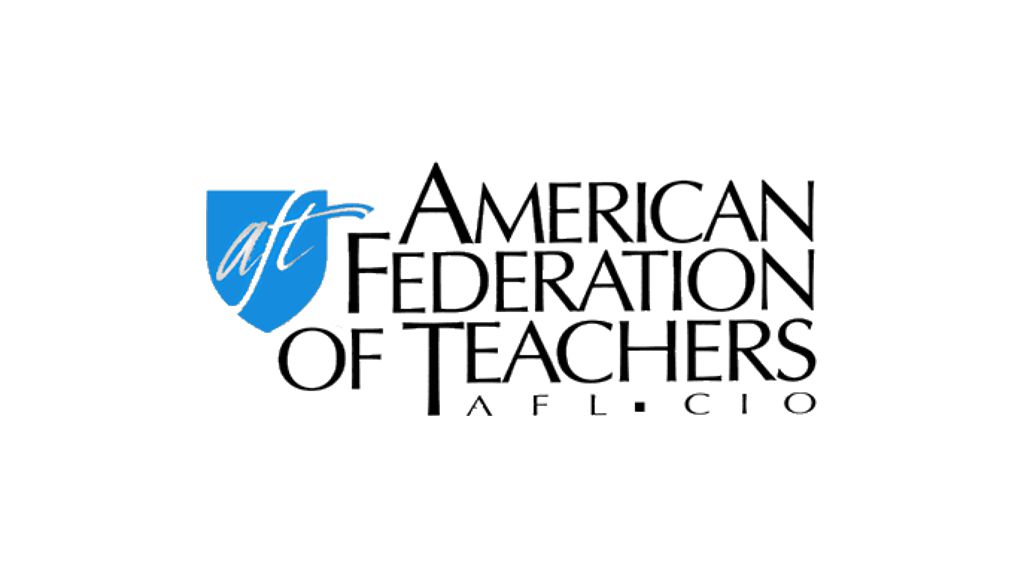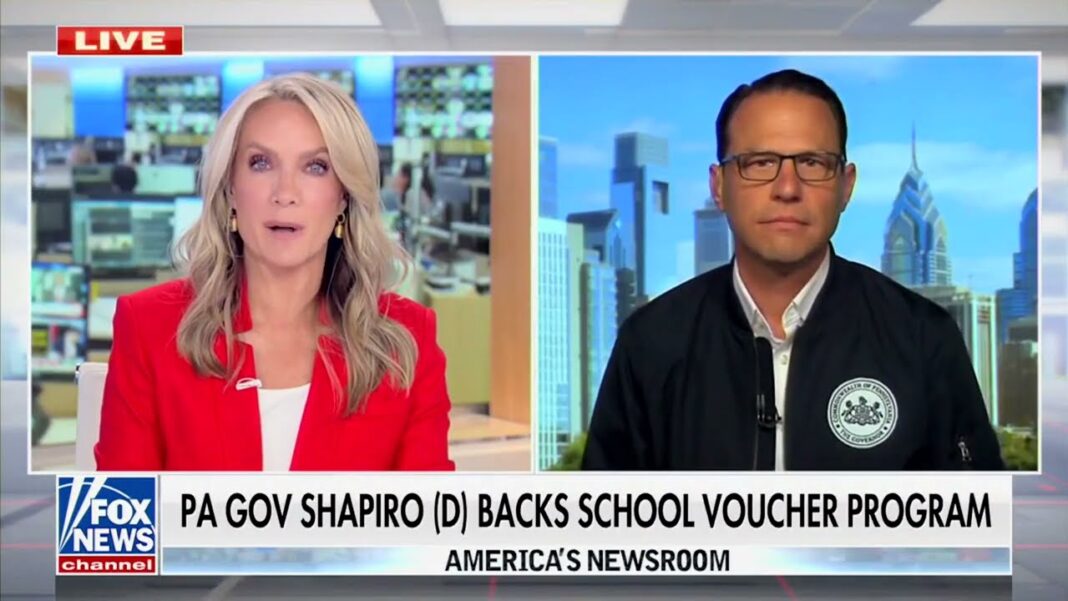A federal appeals court has handed the Biden administration a temporary victory by agreeing to put a temporary hold on an earlier district court’s ruling that prohibited a range of federal agencies and their staff from contacting social media companies with requests to censor constitutionally protected free speech.
On Friday, a three-judge panel for the 5th Circuit Court of Appeals in New Orleans issued a decision granting the Biden administration’s request to put the censorship-by-proxy ban on hold.
The “temporary administrative stay” will be in place until the case is referred to a different appeals panel, which will deliberate on the merits of a ruling that barred Biden administration officials from pressuring social media companies to censor free speech.
The DOJ told The Epoch Times in an emailed statement that it was not providing any comment on Friday’s decision.
Friday’s decision is the latest chapter in a saga that was sparked by a censorship-by-proxy lawsuit brought by Louisiana and Missouri against Biden administration agencies and top officials after evidence emerged that various federal agencies and some of their senior staff pressured social media companies to censor Americans’ free speech.
Historic Ruling
On July 4, Judge Terry A. Doughty of the U.S. District Court for the Western District of Louisiana issued a ruling (pdf) that various government agencies, including the Cybersecurity and Infrastructure Agency, the Department of Homeland Security (DHS), the State Department, the Department of Justice (DOJ), and the Centers for Disease Control and Prevention are prohibited from taking a range of actions regarding social media companies.
Specifically, the agencies and their staff members are prohibited from meeting or contacting by phone, email, or text message or “engaging in any communication of any kind with social-media companies urging, encouraging, pressuring, or inducing in any manner for removal, deletion, suppression, or reduction of content containing protected free speech,” per the injunction.
The agencies are also barred from flagging content on posts on social media platforms and forwarding them to the companies with requests for action such as removing or otherwise suppressing their reach.
By Tom Ozimek
Read Full Article on TheEpochTimes.com






